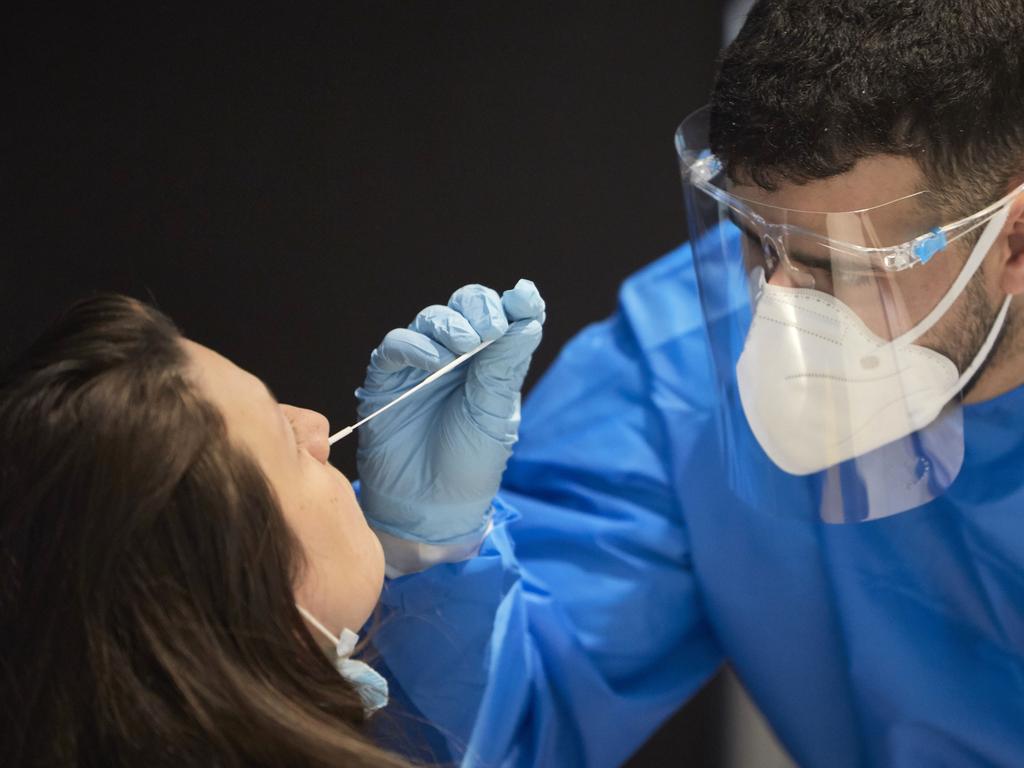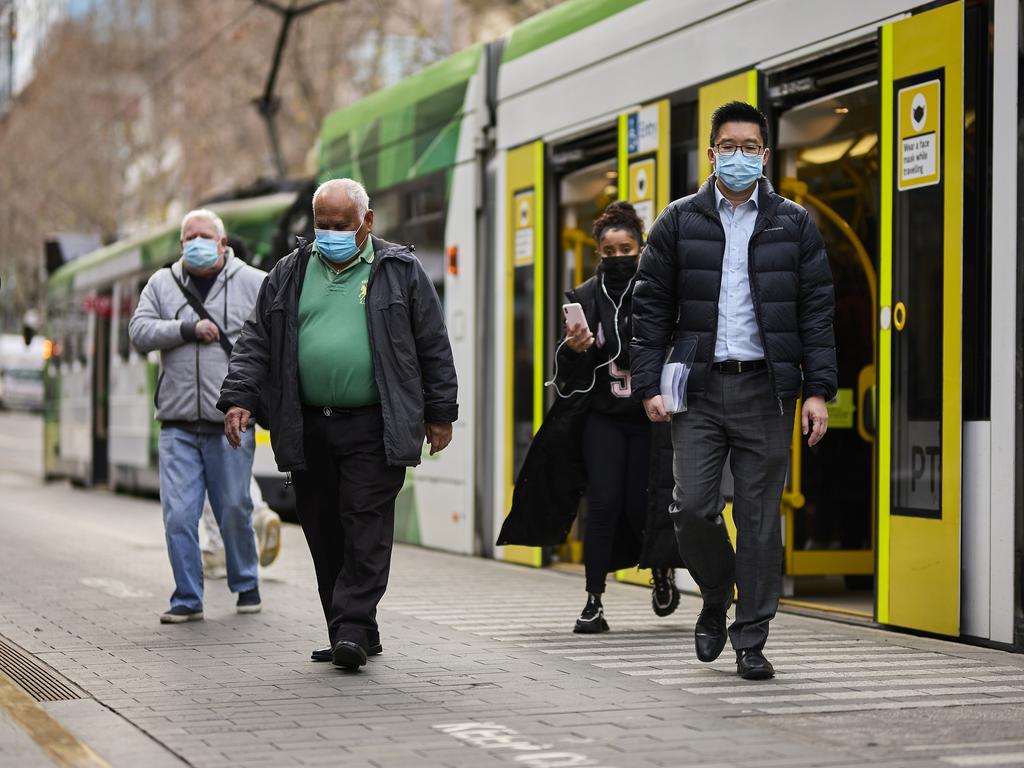Covid-19: Omicron subvariant BA. 2.75 begins to spread through Europe
Experts have expressed concern about the latest Covid strain’s rapid spread as the little-known variant begins to take hold.

The Netherlands announced on Wednesday it has become the latest country to detect a case of the Covid Omicron subvariant BA. 2.75, as experts expressed concern about the strain’s rapid spread.
The subvariant, nicknamed “Centaurus”, first emerged in India in May and has since spread to around 10 countries, including the United States, Britain, Germany and Australia.
It “has also now been identified in the Netherlands,” the Dutch National Institute of Public Health said in a statement.
“Little is known about BA. 2.75,” the institute said, but it “appears to more easily bypass the defences built up against SARS-CoV-2 through small, specific changes”.
The World Health Organisation’s chief scientist Soumya Swaminathan said last week that the UN agency was closely tracking the strain, but there were “limited sequences to analyse”.
“This sub-variant seems to have a few mutations on the receptor binding domain of the spike protein … so we have to watch that,” she said in a tweeted video.
She added that it was “too early to know” how well the strain can evade immunity or how severe it was.
Some scientists fear the subvaraiant could be the most contagious seen so far, and say it is better placed to evade the protection of vaccines and prior infection.
Antoine Flahault, director of the Institute of Global Health at the University of Geneva, told AFP that BA. 2.75’s spread in India indicated it could be more transmissible than the BA. 5 Omicron subvariant, which has been driving waves in Europe and the US.

“It seems to be becoming the dominant strain in India — the question is will it become the dominant strain all over the world?” Flahault added that previous dominant strains, like Delta, had first taken over the country they emerged in before spreading across the world.
But he said there was a “margin of unpredictability,” pointing to how BA. 2.12.1 became dominant in the US but BA. 5 “succeeded” when the two came in direct competition.
Flahault added that successive variants made developing a vaccine to fight them more difficult, because by the time one jab targeting them was ready to be rolled out, newer strains had taken over.
It was far too early to know about the severity of BA. 2.75, he added. The Dutch sample was collected in the northern region of Gelderland on June 26, the institute said, adding it was “closely monitoring the situation” there.
Earlier this month, the European Centre for Disease Prevention and Control listed BA. 2.75 as a “variant under monitoring”.
It came as Anthony Albanese bowed to pressure to hold an emergency national cabinet meeting on Monday as Covid cases spike over winter.

News.com.au has confirmed that the Prime Minister has told state premiers he will reconvene the meeting on Monday morning.
It comes amid a furore over the government’s decision to axe pandemic payments and free RAT tests for concessions card holders.
Queensland Premier Annastacia Palaszczuk stepped up her demands on Thursday for the Prime Minister to take action and hold a national cabinet when he returns from Fiji.
“All we want is an update from the chief health officer,’’ she told the Today Show.
“Because we’re just getting a bit of mixed messages at the moment. I think the country just wants to know how this wave is going.”



